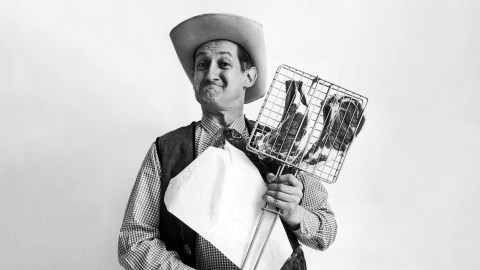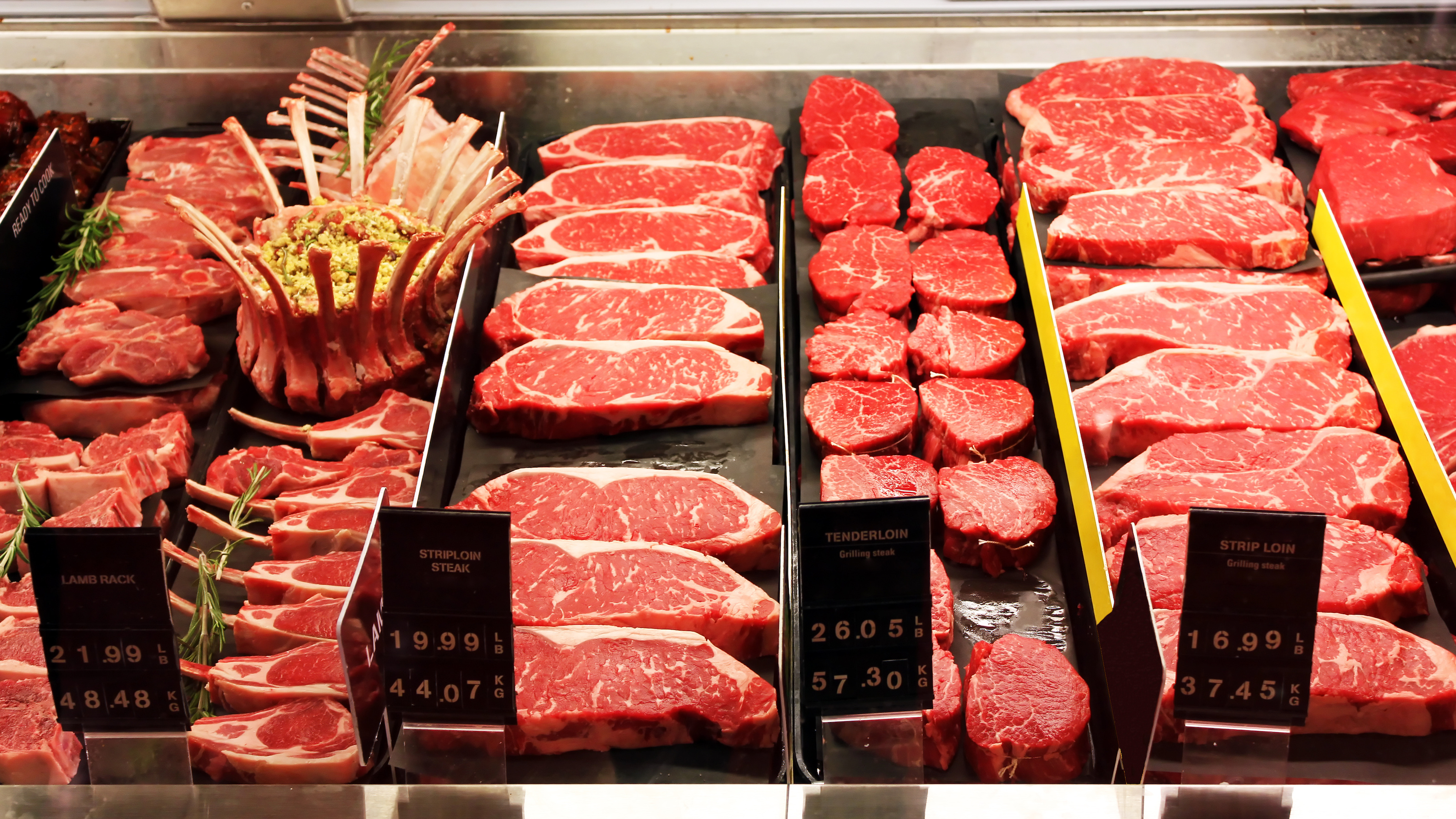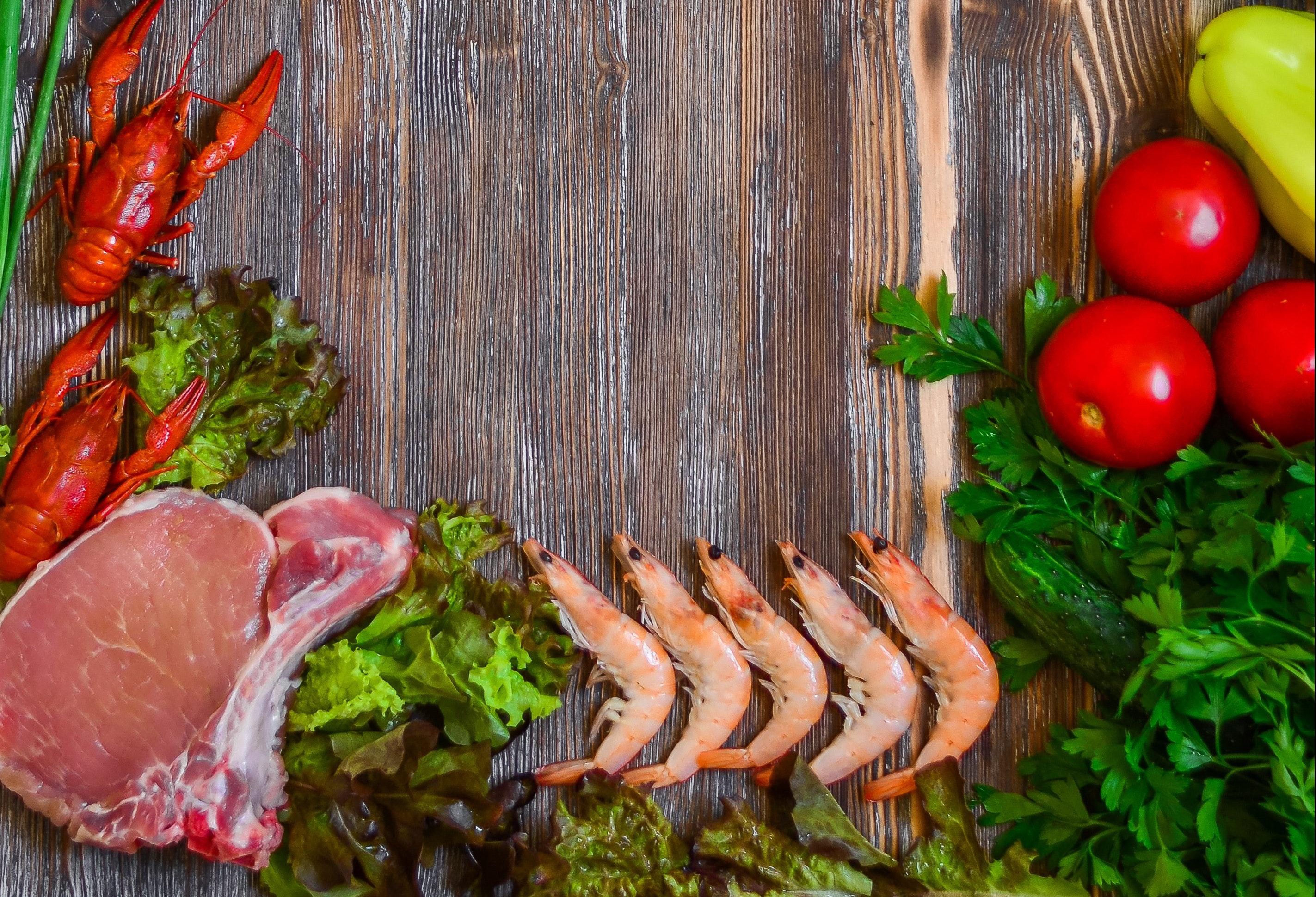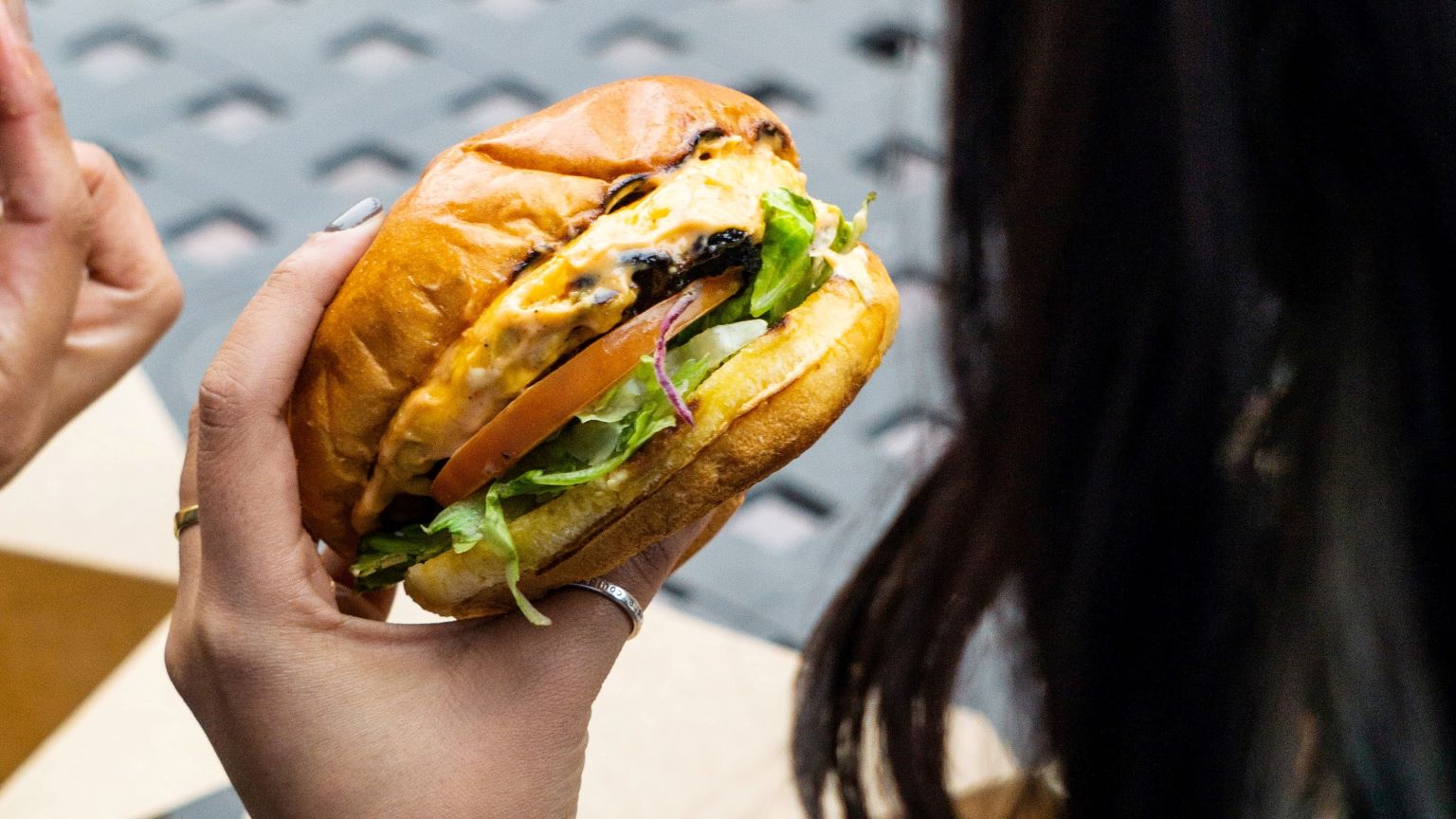Where’s the beef? Middle-aged, American men ate all of it

- In a new study, a team of Tulane University public health scientists found that just 12% of Americans account for half the country’s beef consumption.
- Most of these big beef eaters appear to be men between the ages of 50 and 65, and they consume at least four ounces every day.
- If this small minority of Americans lowered their beef intake, they simultaneously would improve their health and greatly reduce the climate impact of their diet.
Americans collectively consumed 30 billion pounds of beef in 2021, more than the citizens of any other nation. Considering that statistic, it’s probably not surprising that a solid majority of Americans (59%) agree that eating red meat is part of the “American way of life,” according to a 2021 Ipsos poll.
But as beef-obsessed as Americans apparently are, 45% of them don’t eat it on any given day, according to a recent study published in the journal Nutrients. Instead, the team of Tulane University public health scientists behind the research found that just 12% of Americans account for half the country’s total consumption.
Beefed up
Who are these big beef eaters? Most of them appear to be men between the ages of 50 and 65, and they scarf down at least four ounces every day. The authors defined this amount of beef intake as “disproportionate” because it exceeds the Dietary Guidelines which suggest no more than four ounces of all meat, poultry, and egg products combined. (However, it should also be noted that other researchers say that the guidelines recommend too little protein.)
All that beef these 12% are eating isn’t in the form of a single quarter-pounder, of course (though burgers do account for 18% of consumption). Steaks, burritos, cold cuts, cured meats, hot dogs, stews, sausages, pasta dishes, and pizza all factored in, per the analysis. After all, beef is ubiquitous in American cuisine.
Where’s the beef?
The researchers arrived at the findings after analyzing data from the National Health and Nutrition Examination Survey’s 24-hour dietary recall survey taken between 2015 and 2018. In total, 10,248 adults were asked to describe in detail what they ate during the previous day. From this, the authors estimated beef consumption.
The researchers focused on beef because it is the most climate-intensive meat that humans consume, resulting in eight times more greenhouse gas emissions than pork and ten times more than poultry. It also has more saturated fat than other types of meat. Red meat like beef is healthful when consumed in moderation, but eating four or more ounces per day would probably increase one’s risk of cancer and cardiovascular disease. That doesn’t bode well for the middle-aged men most likely to eat beef in excess, as they are already prone to heart disease, colorectal cancers, and obesity.
Slow down, beefcake
Eating beef is deeply tied to masculinity in Western culture. Studies have found that when men have had their masculinity challenged, they consume more meat-containing foods. That men aged 50 to 65 are the likeliest to overeat beef is intriguing, as middle-age is a time of falling testosterone levels, waning strength, and existential malaise.
There’s a silver lining to the fact that just 12% of Americans account for half of American beef consumption. It means that only a small minority of consumers need to change their eating habits to create outsized positive impacts for the planet and public health. The researchers also found that people below the age of 29 were the least likely to consume beef in excess, hinting at generational reductions in meat eating.
“There’s hope in the younger generation, because it’s their planet they’re going to inherit,” senior author Diego Rose, professor and nutrition program director at Tulane University School of Public Health and Tropical Medicine, said in a press release. “I’ve seen in my classes that they’re interested in diet, how it impacts the environment, and what can they do about it.”





